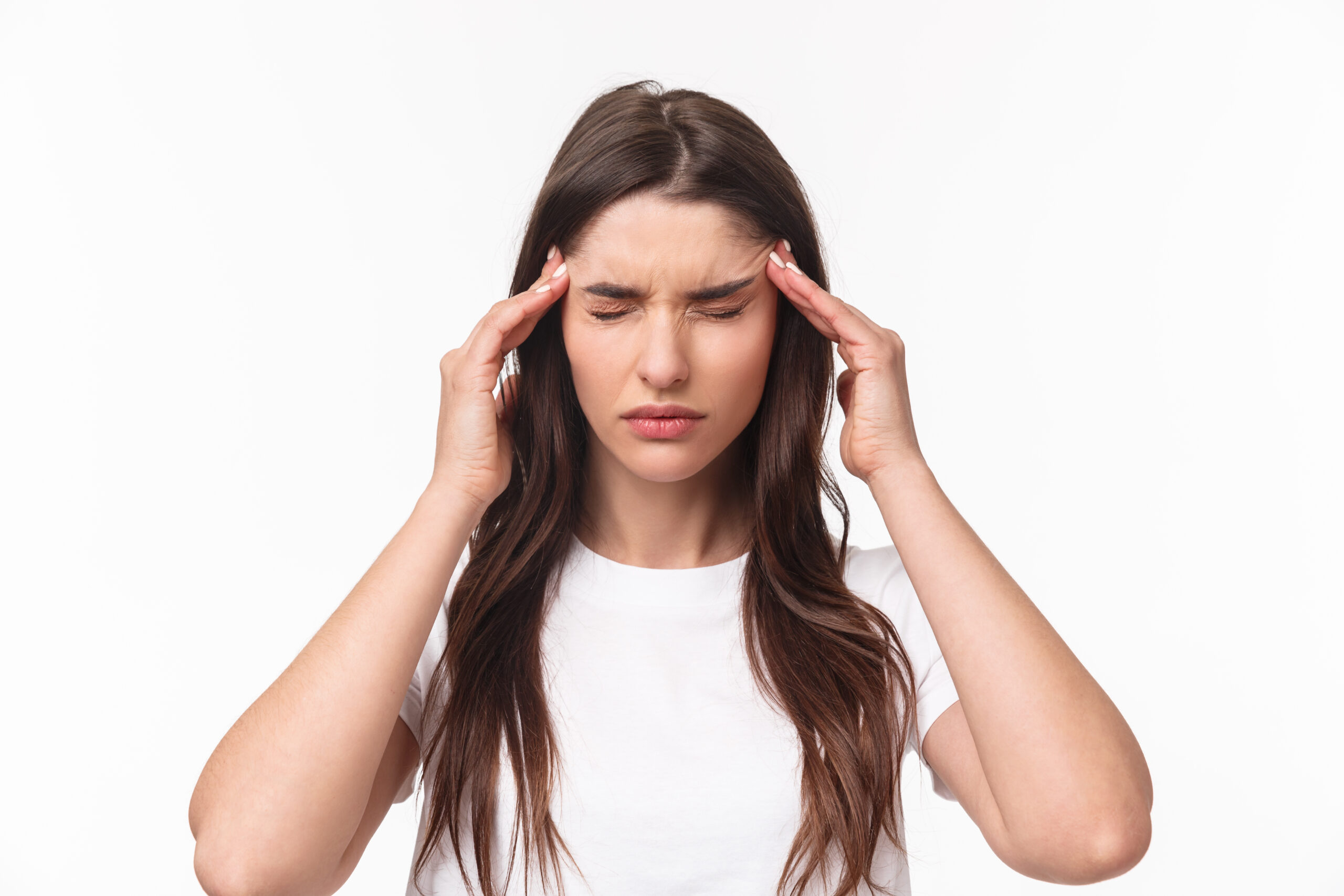Stress Management Techniques
Stress Management Techniques: Tips for a Balanced Life
Read Disclaimer
Make sense of the difficulties of contemporary living with the help of our in-depth stress management guide. Our blog provides insightful information for stress management and helpful advice to improve your general well-being on topics ranging from mindfulness to self-care.

Introduction
Stress has become an inescapable part of our lives in the fast-paced world of today. While some levels of stress can be energizing, ongoing or severe stress can negatively impact our physical and mental health. Maintaining a balanced and healthy existence requires learning effective stress management skills. We will look at useful advice to control stress and advance general wellbeing in this blog article.
1. Understanding Stress and Its Impact
The body’s natural reaction to difficulties and obligations is stress. Our bodies release stress hormones like cortisol and adrenaline when we are under stress, whether it is due to job obligations, financial constraints, or interpersonal problems. Chronic stress can cause a number of health concerns, including anxiety, depression, and cardiovascular disorders, although short-term stress might be advantageous.
Read more about How is Depression Diagnosed

2. Techniques for Managing Stress
A. Meditation and mindfulness:
By bringing the mind’s attention to the present moment, mindfulness and meditation can help lower anxiety and rumination. To quiet the mind and encourage relaxation, spend a few minutes each day concentrating on your breath or practicing guided meditation.
B. Regular Exercise:
Exercise helps lower stress hormones and produces endorphins, the body’s natural mood enhancers.
C. Activities
To improve your mood and energy levels, take part in activities you love, such as walking, running, yoga, or dancing.
D. Give Sleep Priority:
A healthy sleep schedule is essential for stress reduction. To increase the quality of your sleep, establish a regular sleep schedule, develop a calming evening ritual, and reduce screen time before bed.
E. Time Management:
Plan your duties and establish reasonable objectives. Set priorities for crucial tasks, assign work when you can, and refrain from taking on too much at once to lessen stress caused by time limits.

F. Eating Well:
A well-rounded diet rich in whole grains, lean meats, fruits, and vegetables can have a good effect on mood and stress levels. Limiting your intake of sugar and caffeine can also aid in balancing your mood and energy levels throughout the day.
G. Social Assistance:
Connect with your loved ones and community of supporters. Spending time with loved ones may be a wonderful stress relief, and talking to people about your problems can offer comfort and perspective.
H.Practice taking deep breaths:
Exercises that include deep breathing, like diaphragmatic breathing, trigger the body’s relaxation response, which lowers tension and fosters a sensation of peace.
I. Practice Relaxation Techniques:
To release tension and lessen stress, use relaxation techniques like progressive muscle relaxation or visualization.
3. Self-Care Is Important
Self-care is essential for stress management. Maintaining balance in your life requires setting boundaries, making time for the things you like doing, and caring for your physical and emotional needs.

4. Look for Expert Assistance
A mental health counselor or therapist can offer vital support and coping mechanisms if you seek their professional assistance if stress gets unbearable and begins to interfere with your everyday life.
Read more about Relationship Difficulties and Suicidal Thoughts
Conclusion
A balanced and healthy existence requires effective stress management. You may successfully lower stress levels and enhance your general well-being by adding mindfulness, regular exercise, proper sleep, time management, good nutrition, and relaxation techniques into your routine. Keep in mind that taking care of yourself is not selfish; rather, it is a crucial step to living a happy and balanced life.
read more about Cyberbullying and Its Impact on Suicidal Behaviors
FAQs:
How can I tell if I’m under chronic stress?
A: Prolonged exhaustion, agitation, trouble focusing, disturbed sleep, frequent headaches, and changes in appetite are all symptoms of chronic stress.
Can all stress-related problems be avoided with stress management techniques?
A: While stress management strategies can greatly reduce stress and its negative effects on your health, they might not be able to resolve every problem brought on by stress. However, they can increase resilience and help you deal with stress better.
I have a full day ahead of me. Are there any fast stress-relieving methods I may employ?
A: Deep breathing exercises, brief breaks for stretching or walking, and a few minutes of mindfulness practice can all help you decompress quickly throughout a hectic day.

The article posted was very informative and useful. You people are doing a great job. Keep going.
Impressive creativity!
Can you be more specific about the content of your article? After reading it, I still have some doubts. Hope you can help me.
Your point of view caught my eye and was very interesting. Thanks. I have a question for you.
Thank you for your sharing. I am worried that I lack creative ideas. It is your article that makes me full of hope. Thank you. But, I have a question, can you help me?
This blogpost answered a lot of questions I had. Thanks for taking the time to put this together! The content in this blog is truly eye-opening. The examples provided make it easy to understand. Excellent post with lots of actionable advice! The examples provided make it easy to understand.
Thanks for sharing. I read many of your blog posts, cool, your blog is very good.
Can you be more specific about the content of your article? After reading it, I still have some doubts. Hope you can help me.
Your article helped me a lot, is there any more related content? Thanks!
Thanks for sharing. I read many of your blog posts, cool, your blog is very good.
Thanks for sharing. I read many of your blog posts, cool, your blog is very good.
Your point of view caught my eye and was very interesting. Thanks. I have a question for you.
Can you be more specific about the content of your article? After reading it, I still have some doubts. Hope you can help me.
Your point of view caught my eye and was very interesting. Thanks. I have a question for you.
Your article helped me a lot, is there any more related content? Thanks!
Thank you for your sharing. I am worried that I lack creative ideas. It is your article that makes me full of hope. Thank you. But, I have a question, can you help me?
Thanks for sharing. I read many of your blog posts, cool, your blog is very good.
Thank you for your sharing. I am worried that I lack creative ideas. It is your article that makes me full of hope. Thank you. But, I have a question, can you help me?
I don’t think the title of your article matches the content lol. Just kidding, mainly because I had some doubts after reading the article.
Can you be more specific about the content of your article? After reading it, I still have some doubts. Hope you can help me.
Your article helped me a lot, is there any more related content? Thanks!
Your point of view caught my eye and was very interesting. Thanks. I have a question for you.
I don’t think the title of your article matches the content lol. Just kidding, mainly because I had some doubts after reading the article.
Thank you for your sharing. I am worried that I lack creative ideas. It is your article that makes me full of hope. Thank you. But, I have a question, can you help me?
Thanks for sharing. I read many of your blog posts, cool, your blog is very good.
Your point of view caught my eye and was very interesting. Thanks. I have a question for you. https://www.binance.info/register?ref=P9L9FQKY